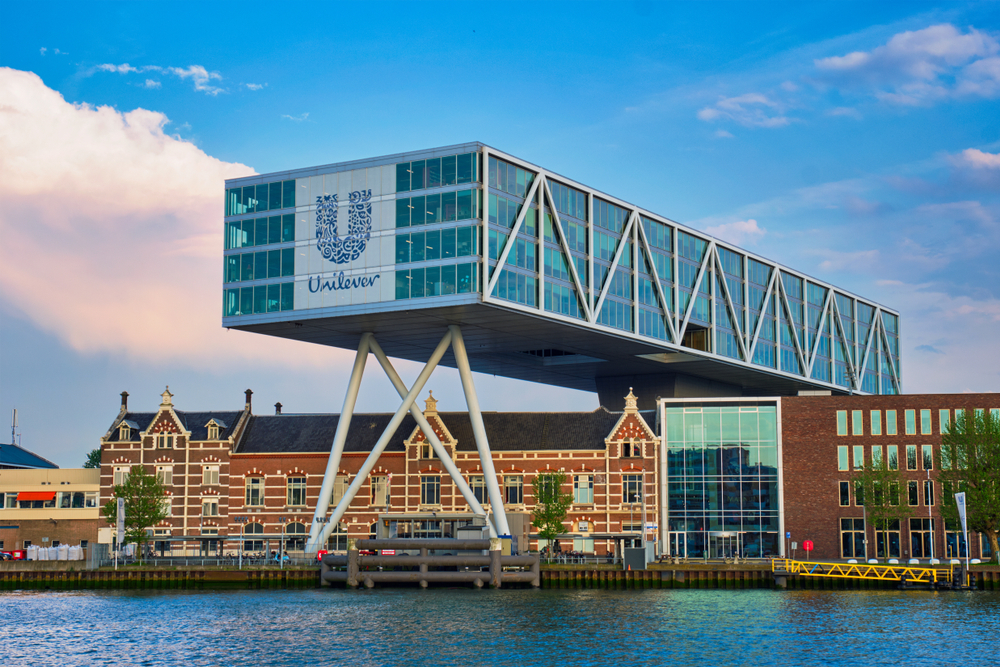Hindustan Unilever (HUL) on Thursday missed street estimates, reporting a 1.23 per cent fall in net profits for the fourth quarter ended March 31, 2020 as the disruption caused by the Covid-19 outbreak adversely affected sales.
Standalone net profits at the FMCG giant came in at Rs 1,519 crore compared with Rs 1,538 crore in the same period of the previous year. Analysts were expecting HUL to post a net profit of Rs 1,800 crore.
There was more disappointment on the volume growth front as it declined 7 per cent. Ahead of the numbers, there were varied estimates on the volume growth, ranging from (-) 4 per cent to a positive 4 per cent. During the third quarter, the volume growth stood at 5 per cent.
A statement from HUL said that it is operating at about “70 per cent of normative levels” at present and is confident of improving this in the coming days.
The company added that it has ramped up capacities in key categories such as sanitisers and handwash and is also operating with shorter planning cycles, stepping up agility and building resilience in the supply chain.
“Demand patterns are changing, and we are likely to see an upswing in categories such as health, hygiene and nutrition. In the near term, we are also likely to see some adverse impact on discretionary categories and out of home channel,” the company cautioned.
During the quarter, HUL’s sales declined to Rs 8,885 crore from Rs 9,809 crore a year ago. The lockdown affected categories such as home care, beauty and personal care and food and refreshments with revenues falling up to 13 per cent.
At a conference call after the results, the top management of HUL, led by chairman and managing director Sanjiv Mehta, indicated that it is difficult at this stage to predict when there will be a turnaround.
FMCG outlook
Market insight firm Nielsen has slashed the growth forecast for the FMCG sector by almost half to 5-6 per cent for 2020, citing the impact of the coronavirus pandemic and subsequent lockdown.
Earlier, on January 21, Nielsen had projected the FMCG industry’s growth forecast of around 9-10 per cent for 2020, with a “stable” outlook. Revising its outlook, Nielsen — which follows January to December calendar — said the sector will have to face several macro-economic challenges such as lower GDP growth rate, rise in the number of unemployment, besides the impact of the pandemic.
“We continue to see lot of disruptions. There are headwinds and tailwinds. The monsoon, if it lands well, should augur well and it should be a positive. We are also confident that the government will initiate many measures for the rural sector to support lives and livelihood. However, there are headwinds. What we have seen is a massive dislocation of people, temporary job losses and it is difficult to estimate its wealth or income effect,” they added.
Ahead of the numbers, shares of HUL ended lower by 1.63 per cent at Rs 2195.70 on the BSE.
“Our portfolio of trusted brands, our financial stability and quality of leadership teams positions us well to deal with the crisis and, for the changing world that will come afterwards. With the GSK CH merger effective from 1st April, iconic brands such as Horlicks and Boost will now enable us to also address the nutrition needs of consumers,” Mehta observed.











